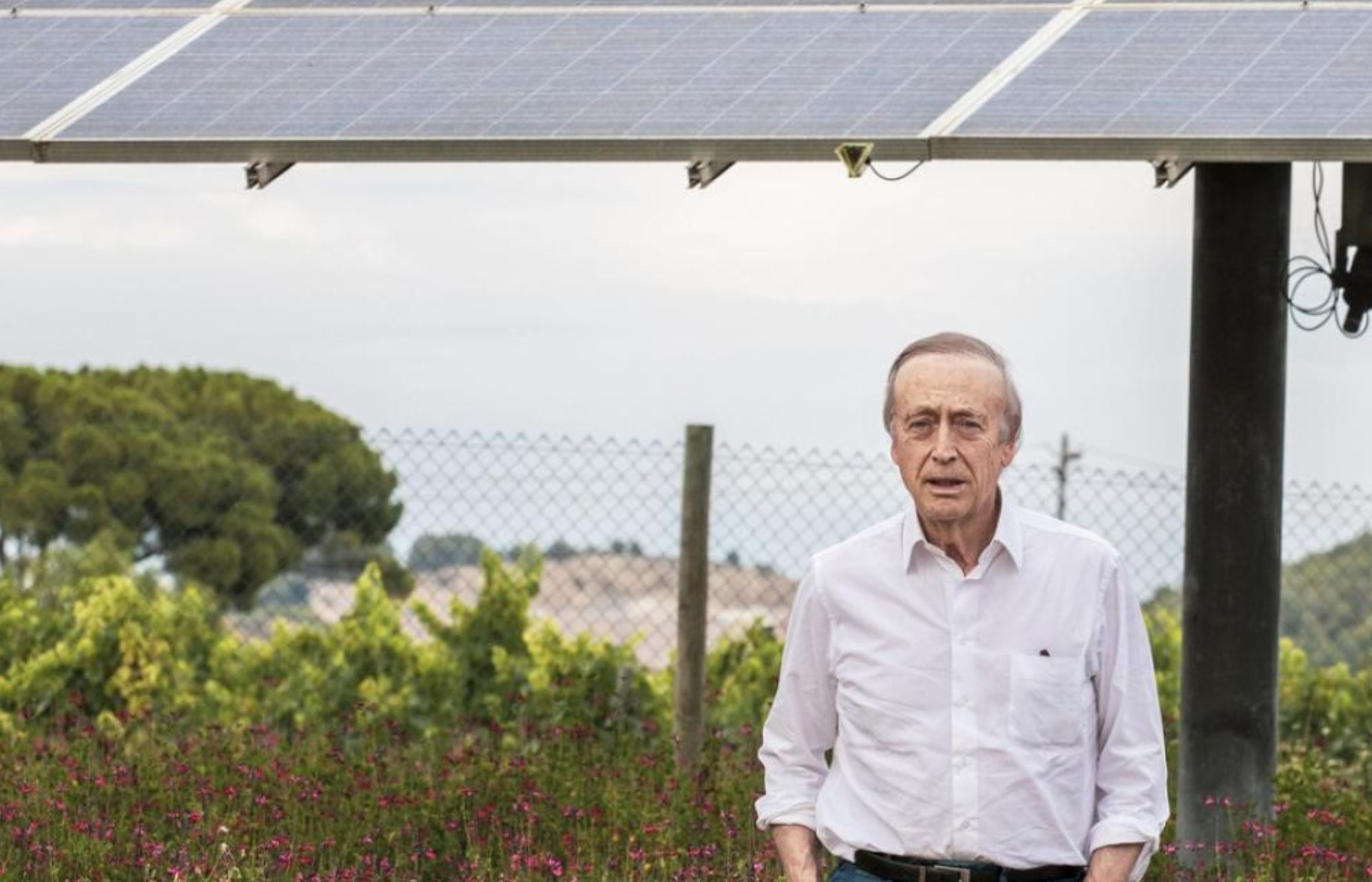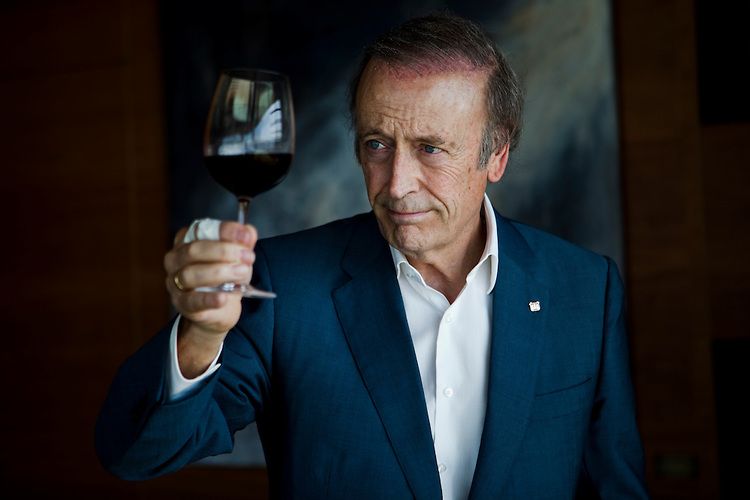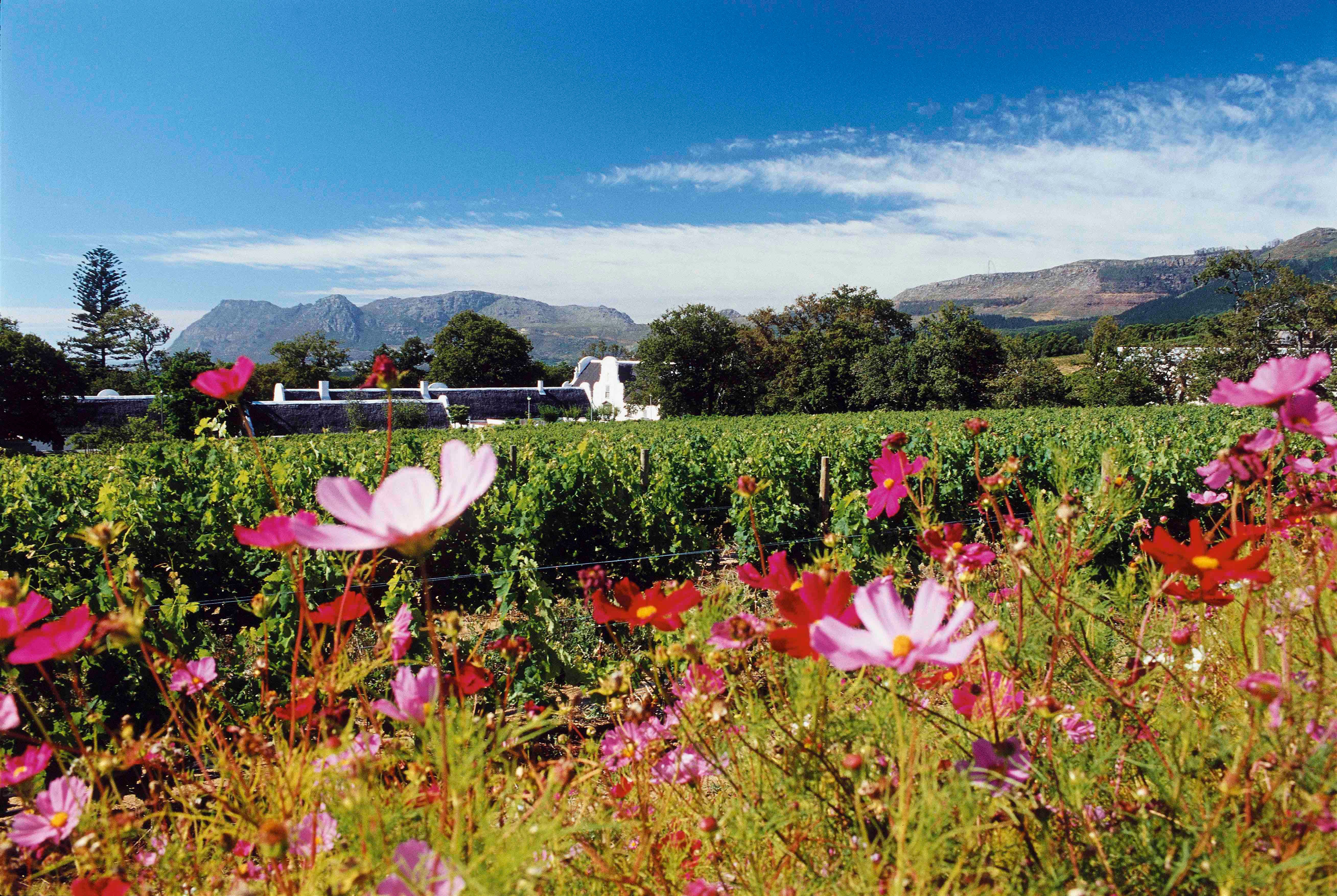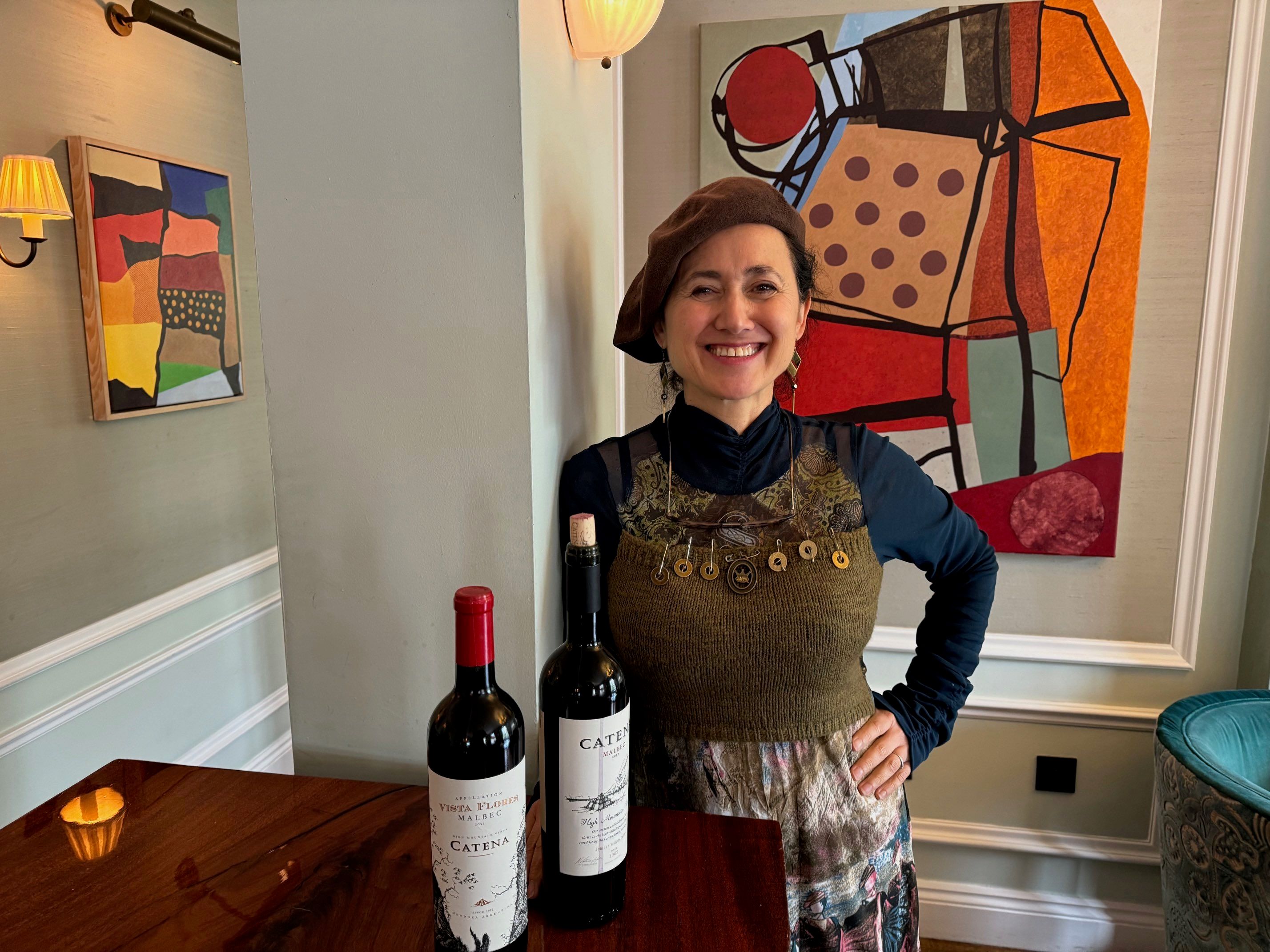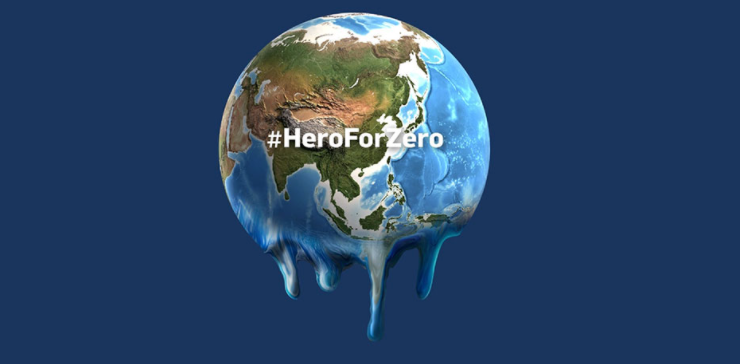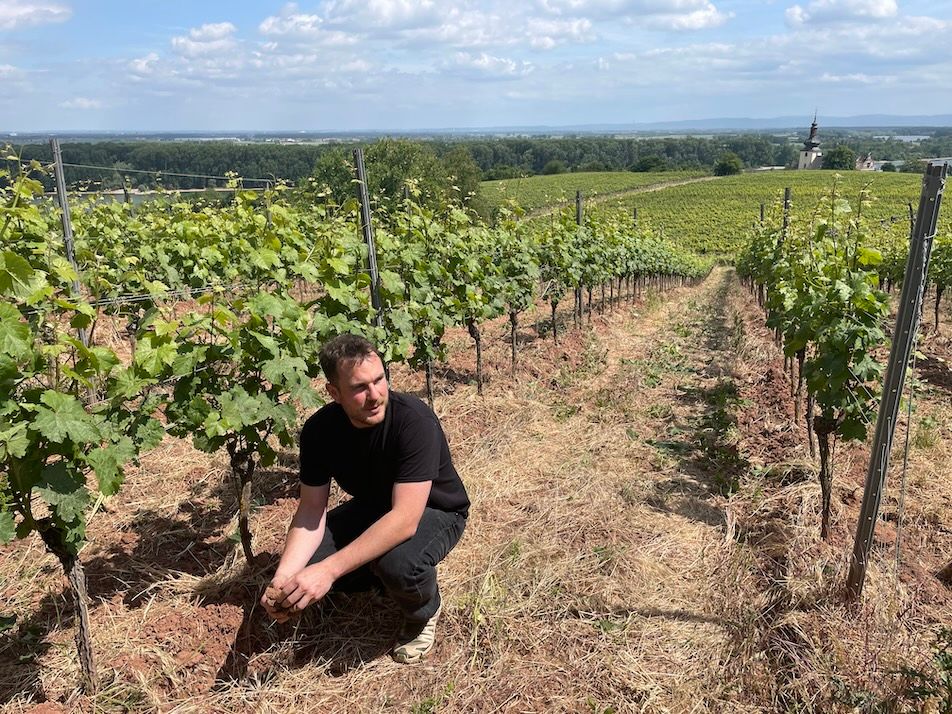With a nudge over 150 years of winemaking experience, the Catalunya-based Familia Torres group is responsible for some staggeringly successful brands (think Viña Sol and Sangre de Toro) and beautifully crafted niche wines from across their vineyards in Spain and further afield. But the wine is not the sole reason that Familia Torres was named Drinks International’s Most Admired Wine Brand 2024 (the 7th time in 11 years!). Its commitment to the land and community where they do business is second to none.
Innovative research and practices were formalised by 2008’s Torres & Earth project to adapt the company’s practices to climate change, mitigating its wineries’ impact, and raising awareness of the issue. As this continued, a new project took shape with a global reach. In partnership with California’s like-minded Jackson Family Wines, the Familia Torres established International Wineries for Climate Action in 2019 with a goal to create a benchmark for best practices around the world.
This summer, the group’s iconic leader, Miguel Torres, was in London to promote the IWCA’s 5th anniversary. Although a rather serious draw for press and retailers on his own, Torres was joined at 67 Pall Mall by Sogrape’s head of corporate communications and sustainability, Mafalda Guedes, and Domaine Lafage’s commercial director, Ramuntxo Andonegui. Their task was to lead a tasting of wines from a selection of member wineries as well as being on hand to talk about the journey so far, and what the future holds for the IWCA.
Who are the International Wineries for Climate Action?
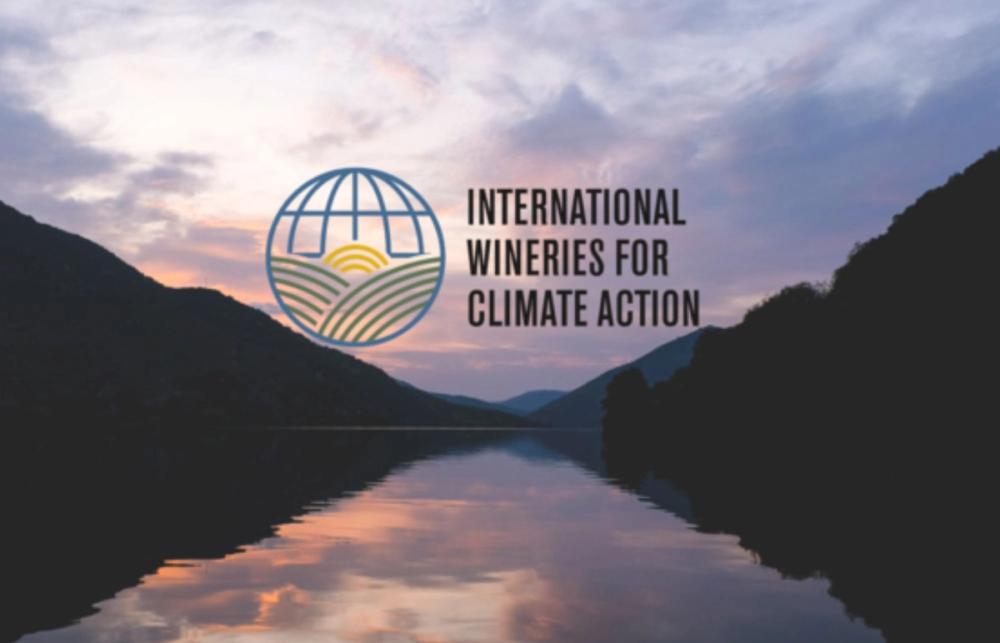
To put it more formally, the International Wineries for Climate Action (IWCA), founded in 2019, is a collaborative group of wineries committed to reducing carbon emissions across the wine industry. The aim is to achieve carbon neutrality by 2050, aligning with the United Nations’ Race to Zero campaign.
The group currently has 48 wine companies spread across 12 countries and five continents. To become a member, the prospective company must demonstrate a significant commitment to sustainability by adhering to strict criteria, including annual greenhouse gas inventories and reducing emissions by at least 50% by 2030.
Of course, a reduction of carbon and GHG emissions is not the 'be all and end all' of any definition of sustainability you may have in your mind, but it ticks two important boxes. Firstly, it’s a defined and researched problem we know about and have the technology to do something about. Secondly, both the emissions themselves and any subsequent reduction in them are measurable, reportable and auditable.
Full accountability in agriculture, globally, is sketchy at best. For the IWCA to push members to own the problem and challenge them to rectify the situation, it often leads the way by using innovative technologies. It promotes the adoption of renewable energy, water management systems and other ‘sustainable’ farming practices to minimise environmental impact.
Arguably the most beneficial part of being a member is the community of idea-sharing that comes from it, be it best practices and the latest research. These best practices aren’t simply limited to the goal of net zero, with wider pillars of sustainability addressed, including promoting the wine trade by looking after staff and the wider community. The current president, for instance, is Katie Jackson who also holds the title of senior vice president of corporate social responsibility at founding member Jackson Family Wines.
Signed up members of the IWCA
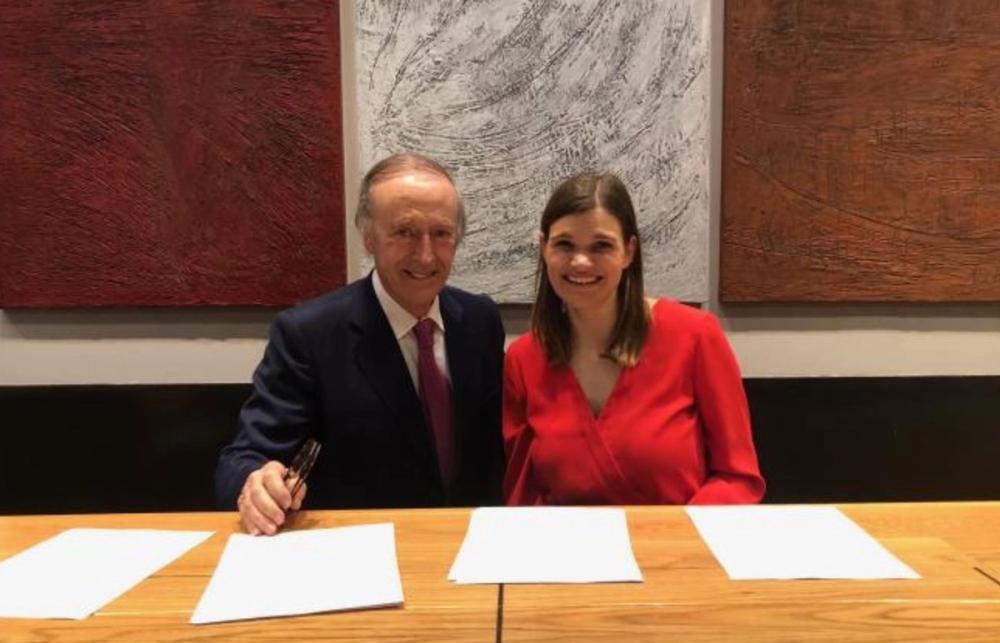
Miguel A. Torres and Katie Jackson sign the inaugural IWCA agreement
The IWCA now boasts 48 member companies across three membership levels.
Applicant members are those that have both measured and fully audited their emissions, whilst also creating a framework for their reduction in the years to come. Members at this level include the likes of Spain’s AltoLandon, Argentina’s Domaine Bousquet and Portugal’s Esporão who became the latest to join in June 2024.
The practicalities of even this supposed 'entry-level' position are not straightforward. “The need for certified third-party auditors, for example, makes life tough for the likes of Tikveš in North Macedonia,” revealed Andonegui. “We respect them hugely for coming on this journey with us despite those challenges.”
Silver membership is the largest grouping at present. It includes the likes of the above-mentioned Domain Lafage of Roussillon, as well as California’s Cakebread Cellars, Champagne Lanson and New Zealand’s iconic Felton Road. These wineries are under tighter audit protocols as well as having set intermediate targets brought forward to 2030.
Gold members, which naturally includes founding members Familia Torres and Jackson Family Estates, need to produce at least 20% of their own energy needs and continue to show consistent year-on-year reductions in carbon or GHG outputs. The current group of nine companies has shown a joint commitment that the IWCA hopes will inspire countless others.
“CVNE achieving gold member status is huge for us,” enthused Miguel Torres. “They are a fabulous brand and have shown a desire to help lead this change we’re all working towards.”
With the backing of so many illustrious names, why are there not more wineries signed up to the IWCA? “Barriers to entry include both the money and administrative burden,” admitted Guedes.
“The reality is that it’s a tough market these days, so it’s really up to current members to showcase the benefits of being part of it.”
Those benefits are revealing themselves rapidly. "Support from local authorities and banks is a lot more forthcoming when you mention being part of a wider group,” continued Guedes. “The Nordic monopolies are also now referencing membership of the IWCA as a prerequisite for tenders due to the growing belief it represents a benchmark in low emission wine production.” The knowledge sharing is also vital, especially with such a global reach. “The coherent nature of the data they are generating is almost unique,” added Toby Webb from Sustainable Wine Roundtable.
Leading the conversations
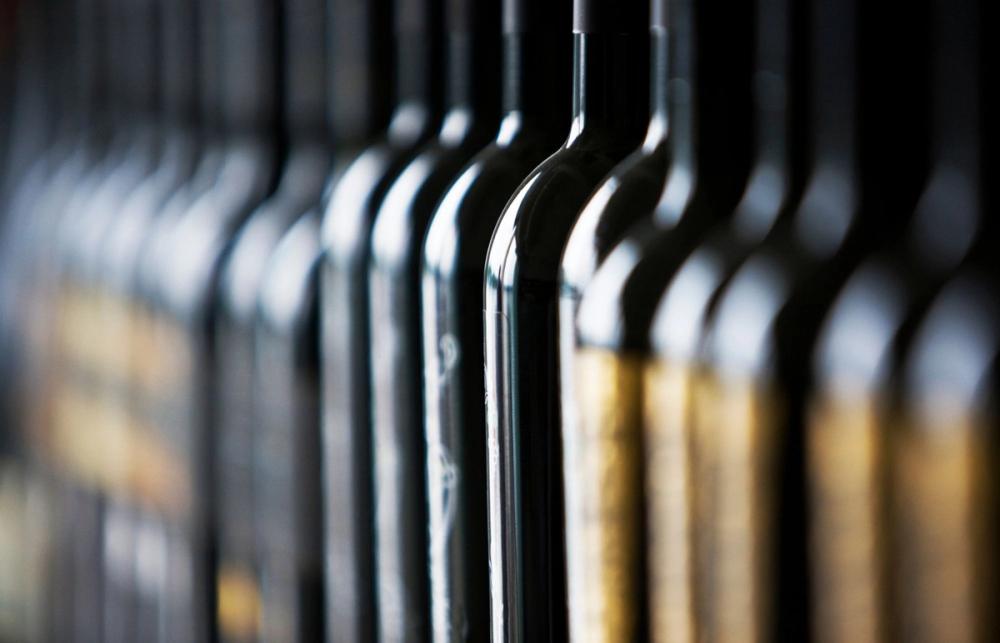
Packaging remains a key target
Packaging and distribution are the largest elements of emissions from the wine industry. Although new laws are introduced on the use of certain packaging types, they are still very country specific including taxes and recycling regimes. The ability for a global community to share its experiences on what worked and what can be improved upon will be invaluable going forward.
“The French government is trying to introduce a new law for bottle recycling,” noted Andonegui, “but is there the investment available? Can we look at how plastic bottles or cans are recycled? Is it a case of simply convincing supermarkets to have the machines on site? We can see the process and have input from all over the world into how we do things in Roussillon.”
The drive towards lighter weight bottles has been a conversation for many years in the wine industry but worries still continue on consumer perception. Members of the IWCA, however, have both the brand recognition and loyal customer base in order to help research and then lead this supposedly ‘low hanging fruit’ for the industry. Champagne Piper-Heidsieck’s Essential Blanc de Noir NV comes in the lightest champagne bottle on the market at just 835g, produced at a glass factory less than 30km from its facility.
Sogrape’s very own R&D facility has helped them look into every angle of how it does business, including its distribution agreements. The group started by highlighting the problem with all of its stakeholders.
“We went into meetings with our distribution partners and showed them what both our and their emissions were,” remembered Guedes. “It led to simple solutions with a big impact. We now have buy-in with both our truck companies and supermarkets so that the vehicles are never driving empty.”
Energy generation and retention systems are key to this challenge. The idea of carbon offsetting is quickly changing to tackling the challenge of ‘carbon insetting’, with California’s Cakebread Cellars recently establishing a working group on how it can use carbon capture further. Château Troplong Mondot’s heating system is a biomass boiler powered by pellets made from vine cuttings. The Symington Family’s Quinta do Ataíde winery, opened in 2023, is the first LEED (Leadership in Energy and Environmental Design) certified winery in Portugal. Greece’s Kir-Yianni uses both solar and heat pumps as well as focusing attention on a biological waste water treatment facility on site for recycling and cleaning such a precious resource.
What next for the IWCA?
It seems too obvious to say that more members will add increasing weight to this movement, but with founding members like Torres and the Jackson Family, it’s not so much a case that the wine industry itself needs more convincing. The industry has known for a long time about the impact it has on the environment and that something drastic needs to change. The members of the IWCA are continuing to show what’s possible and practical for companies both large and small.
The biggest factor in making this movement successful will be the ability to promote the wines of members across the globe in a collective marketing approach.
“It’s about getting the message out to the consumer about what we’re trying to achieve and building that trust with them directly,” concluded Andonegui. “We’ll work directly with our retailer partners to do that, and then who knows? Maybe in time we’ll be able to have an entire section in the wine aisle for IWCA wines?”
A huge thanks to Miguel A. Torres of Familia Torres, Mafalda Guedes of SoGrape, and Ramuntxo Andonegui of Domaine Lafage, for their time and guidance.
For more information on the IWCA, please contact Charlotte Hey on charlotte.hey@iwcawine.org
Mike Turner is a freelance writer, judge and educator. He has been a regular contributor for The Buyer since 2016.
